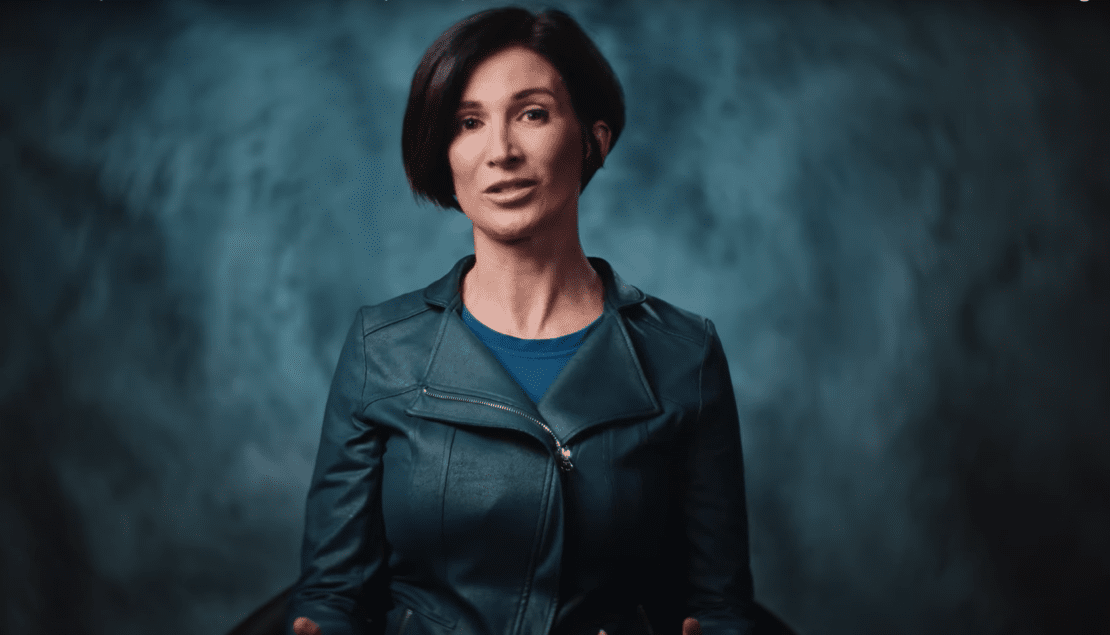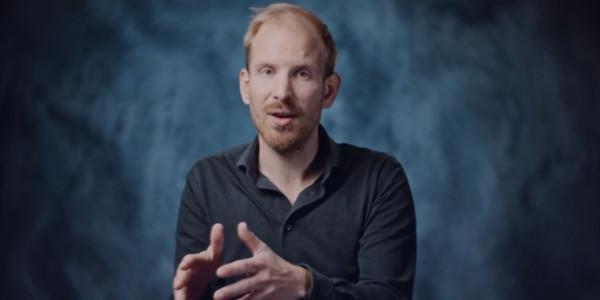30Nov2022
Our keynote speakers have gone far deeper in their research and experience than they are able to express on stage. While some of the things they have learned bring us hope and inspiration, some remind us of the difficulties we face in the world around us. In the fourth episode of Behind the Keynotes, our speakers voiced their observations and learnings for a better future.
Communication Across Cultures
When traveling around the world, it is easy to notice our differences. Instead, corporate anthropologist Jitske Kramer has taken note of the opposite: “The most surprising experience traveling the world is that we’re all the same. There is so much connection, and sometimes it gets lost because we have so many different ways of expressing them.”
She believes that when it comes to our basic human needs, we are very similar no matter where we are or where we come from. Once we understand these similarities, it becomes easier to connect and take care of each other.
“What never stops fascinating me is seeing how what’s considered to be professional in one culture is seen as unprofessional in another.” – Erin Meyer
Expressing ourselves can make communication between cultures difficult, as INSEAD professor Erin Meyer points out. She explains this by giving an example of her work in India: “This Indian guy said to me; ‘You know Erin, in my culture if we have a discussion on the telephone, and we make some decisions verbally, that would be enough for me. And then if you get off of the phone and you put into writing everything we’ve decided, and you send that recap to me, that would be a signal to me that you don’t trust me.’”
Erin is from the USA, Minnesota to be exact, and the culture around communication there is drastically different. Sending a written recap, in her culture, is a sign of professionalism. Learning to understand and navigate these cultural aspects can help us become more effective when working with people across the globe.
Optimism, Hope, and Feeling
How would you distinguish hope and optimism? Which one of those seems more important to you? According to historian and author Rutger Bregman, optimism is merely a feeling that things will turn out alright, and this can turn you lazy. Hope then, is something that impels you to act and pursue change. “History gives us ground for hope,” he explained. And with this hope, we can reform our society, economy, and our lives for the better.
“Hope is the recognition that things can be different.” – Rutger Bregman
Much like hope, branding expert and author Martin Lindstrom has learned about the power of our senses. In 2003, Martin and his colleagues conducted a study on religion and branding, and found some significant parallels between powerful brands and religion. The same elements that make religions powerful, seem to make brands powerful. This shows that rather than buying a product, we buy a feeling.
“In the end of the day you can sell products in two different ways. You can either sell it because I desperately need it, or else you can activate the need and then I desperately need it.” – Martin Lindstrom
Concerns of the Future
Learning and preparation for the future cannot come about without some warnings. Referring to Putin, Russian chess grandmaster and political activist Garry Kasparov reminded us that evil doesn’t go away, even if it sleeps for a while. It will always resurrect when we lose our vigilance, and we seem to have forgotten that we cannot negotiate with evil. He also states: “The lesson from the past that we forgot is that you cannot negotiate with evil. You cannot negotiate with cancer. You cannot do politics with cancer. The best thing you can do is to cut it off before it kills you.”
In line with Garry’s message, Yale professor Zoe Chance gives us advice—and a warning—on how to approach the evil in our world:
“If people who are smart and well-intentioned don’t band together to learn and study and practice influence, we’re leaving the world in the hands of the power-hungry people who do. “ – Zoe Chance
You can watch the fourth episode of Behind the Keynotes here:

 by:
by: 
